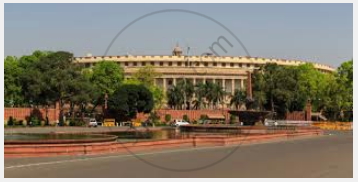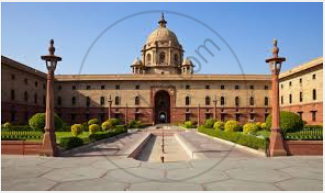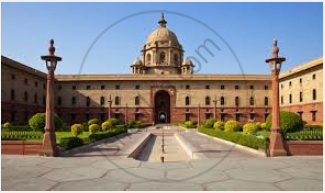Advertisements
Advertisements
प्रश्न
Answer the following question briefly:
In the context of the Parliamentary form of government, answer the following question:
Why are powers distributed between the central and the state governments?
उत्तर
As India is a vast country, it is not possible for one central government to take care of the specific needs of people living in different parts of the country. Therefore, the country has been divided into different units, which are called states. Each state has a state government and the processes of the government are shared by the central government and the state governments.
The parliamentary form of government is also present in the states. The pattern is the same-the state executive is formed out of the state legislature, whose members are directly elected by the people.
संबंधित प्रश्न
Fill in the blanks:
The functions of the government are divided into three branches, namely, the ________, the ________and the ________.
Answer the following question in one or two words/ sentences:
Which branch of government interprets and defines laws?
Answer the following question in one or two words/ sentences:
Who conducts the meetings of the Lok Sabha?
Answer the following question in one or two words/ sentences:
What is meant by the term ‘budget’?
Answer the following question briefly:
Give an account of the Rajya Sabha with reference to its composition.
This is the picture of an important government building in India.

Which branch of the government functions in this building?
Until 1950, the building in the picture was known as ‘Viceroy’s House’, and served as die residence of the Governor General of India.

Identify the building. Whose official residence is it now?
Until 1950, the building in the picture was known as ‘Viceroy’s House’, and served as die residence of the Governor General of India.

Mention two powers held by this person with reference to the following:
Judicial Power
Tick mark the correct statement:
The Parliament meets at least twice a year.
Answer the following question:
Mention the essential qualifications for a person to be a member of the Lok Sabha.
